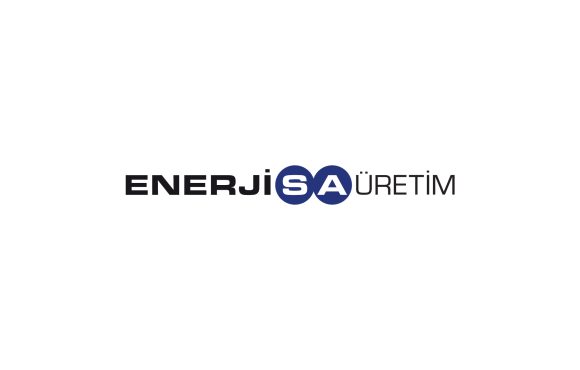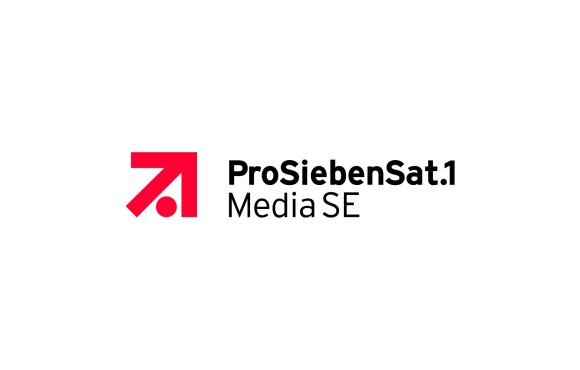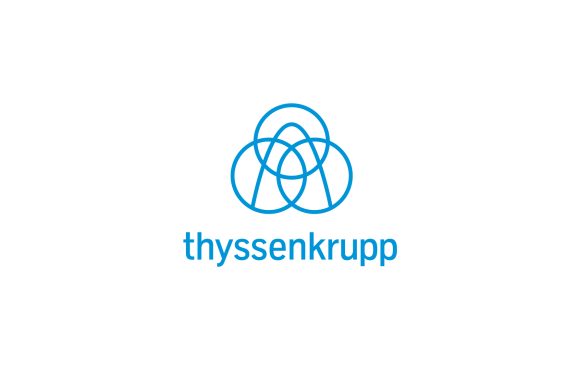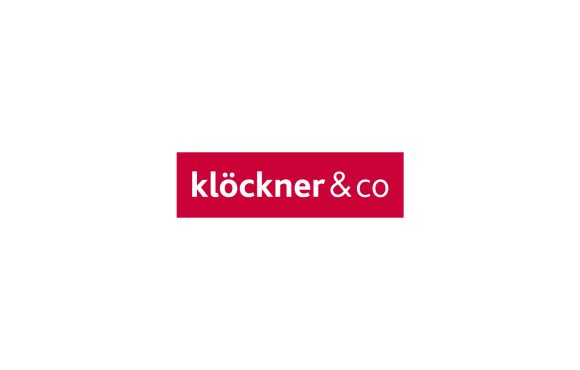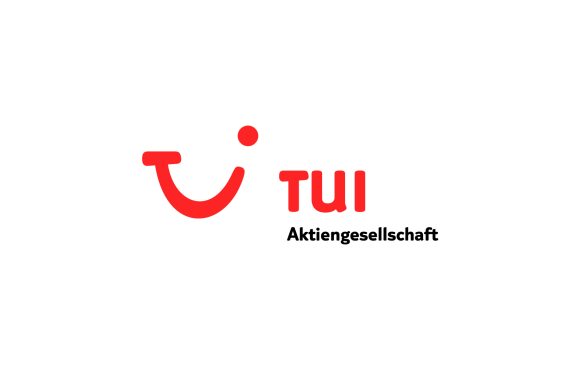Case Studies
Research-Driven. Practitioner-Relevant. Transformation-Focused.
Case Studies
These transformational case studies were prepared by Prof. Serden Ozcan as the basis for in-class discussion. We gratefully acknowledge the board members, CEOs and CFOs who provided us with the deep insights that made them possible.


